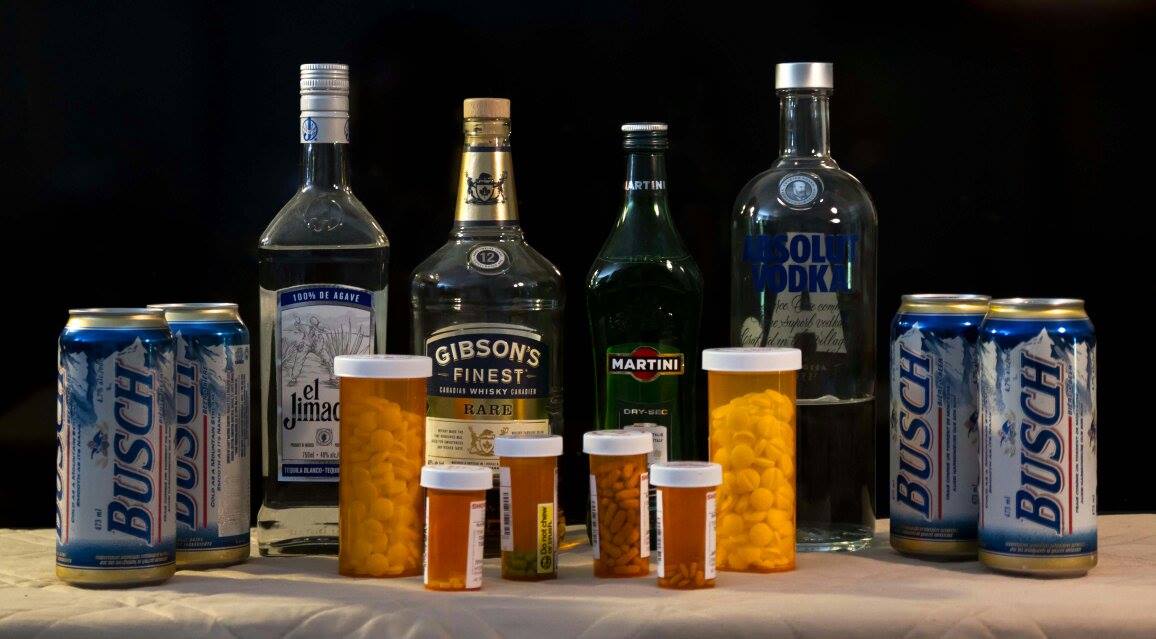Germifloxacin Alcohol Interaction

Germifloxacin Alcohol
Germifloxacin belongs to the family of antibiotics which is used to treat specific bacteria in the body.
Do not drink alcohol not even moderate drinking while using this drug as the effectiveness of the antibiotic will be greatly decreased.
At this time the medical community defines moderate consumption of alcohol as no more than two drinks per day and no more than 14 drinks per week. Anything more than that is considered an unhealthy dependency on alcohol that may have adverse social, family and health consequences.
If a person drinks only once or twice a week but drinks on the same days each week and more than two drinks this is considered as an alcohol dependency.
If a person binge drinks at any time during the week this is also considered as alcoholism.
Some consider alcoholism as a disease while others consider it an addiction which is the result of personal choice and character fault. This school of thought blames the alcoholism on life style choices.
Personally I consider alcoholism a genetic tendency as I have seen families of alcoholics even when they live far apart. These unfortunate people are probably dependent on alcohol from the first drink.
When alcohol interacts with prescription over the counter drugs it usually results in negative health effects most especially liver damage as the main organ affected.
Do not use if you are allergic to it or any other antibiotic, have low potassium or magnesium levels in your blood, or have a specific type of irregular heartbeat or are taking certain heart rhythm medications.
Before starting the drug discuss with your physician if you are pregnant, plan to become or are breast feeding, taking prescription or non prescription drugs, herbal or dietary supplements, allergies to anything, have diabetes, diarrhea, sensitive to light, heart problems, congestive heart failure, heart attack, irregular heartbeat, heart blood vessel concerns, family history of heart problems, stomach infection, brain problems, nervous system problems, muscle problems, brain pressure, Alzeimers, history of seizures, joint or tendon problems, rheumatoid arthritis, liver problems, kidney problems or heart, kidney, lung transplant or hormone replacement.
Side Effects
Less serious side effects are diarrhea, dizziness, drowsiness, headache, nausea, upset stomach or vomiting. If these occur call your physician for advice
Serious side effects are severe allergic reactions such as rash, hives, itches, difficult breathing, chest tightness, swelling of mouth, face, lips, tongue, hoarseness, bloody or tarry stools, burning, numbness, tingling, pain, weakness of arms, legs, hands, feet, chest pain, pounding heart, dark urine or decreased urine, excessive hunger, thirst, urination, fainting, fever, chills, sore throat, unusual cough, acetone type breath, hallucinations, hoarseness, sore tendons, joint pain, sunburn, mood changes, anxiety, agitation, confusion, depression, nervousness, restless, bruising, or swelling of joints, red peeling skin, seizures, constant diarrhea, shortness of breath, stomach pain or cramps, suicidal thoughts, sweating, tremors, bruising, bleeding, unusual swelling or weight gain, weakness or tired, vaginal odour or discharge, vision changes or jaundice. If these occur get emergency medical help.
Germifloxacin Alcohol Germifloxacin Alcohol
This site serves as an information source only and does not dispense medical advice or any other kind of advice. If you are seeking medical advice you are advised to consult your own physician.
Return from Germifloxacin Alcohol to home pageHard copy and E book for sale. What's Killing You and What You Can Do About It. Click here.
Hard copy and E book for sale. Introduction to Building Mechanical Systems. Click here.